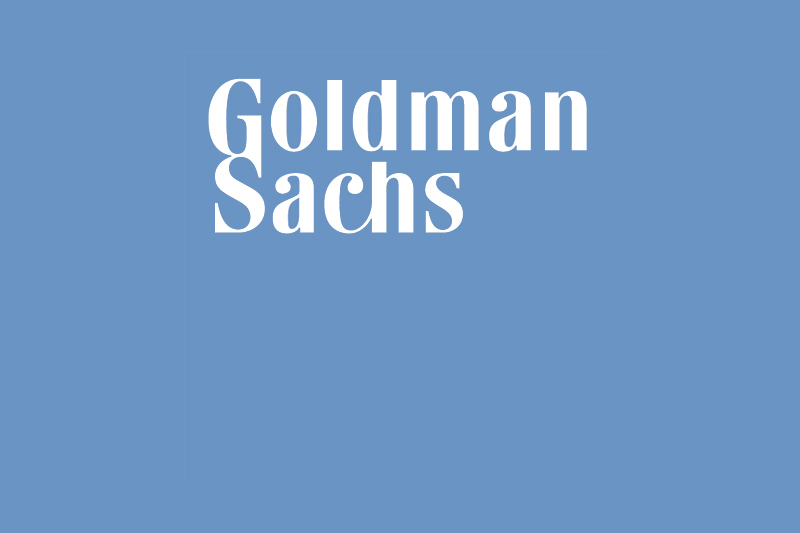U.S. futures subdued as government shutdown stretches into second week
Investing.com - Goldman Sachs says it now expects the Federal Reserve to slash interest rates earlier than initially anticipated, citing relatively mild effects from U.S. President Donald Trump’s aggressive tariff agenda.
Writing in a note to clients, the analysts led by Jan Hatzius said they now predict that the central bank will cut borrowing costs by 25 basis points in September, prior to an earlier forecast that the next reduction would come in December.
"While it is far from clear, we think the odds of a cut in September are somewhat above 50% because we see several routes to get there -- underwhelming tariff effects, larger disinflationary offsets, and either genuine labor market softness or a scare from month-to-month volatility," the brokerage argued.
Economic indicators have pointed to mostly benign inflationary pressures in recent months, even as concerns have surrounded the impact of Trump’s tariffs on price gains.
Meanwhile, the labor market has been mostly resilient, although data have suggested that it may be becoming more difficult to find a job. A stricter U.S. approach to immigration, as well as seasonal changes, also pose downside risks to the jobs picture, the Goldman analysts flagged.
Against this backdrop, the Fed, which is tasked with both working to stabilize inflation and ensure maximum employment, is tipped by Goldman to unveil three rate quarter-point rate cuts in September, October and December. Barring a much weaker-than-estimated employment report on Thursday, a drawdown is not expected in July, the analysts said.
The strategists reiterated their projection for two more 25-basis point cuts in 2026, which would bring interest rates down to a range of 3% to 3.25% -- below its prior prediction for a terminal rate of 3.5% to 3.75%.
They had previously argued that the rate-setting Federal Open Market Committee would conclude that a long-run policy rate "modestly above" neutral -- the theoretical rate that neither helps nor hinders economic activity -- was appropriate when "the fiscal deficit is unusually large and robust risk sentiment is keeping financial conditions easy."
However, they are "less confident" that a new Fed chair will subscribe to this argument. Trump has been frequent critic of current of the cautious approach taken by Fed Chair Jerome Powell, who is approaching the end of his term. Media reports have suggested that Trump is mulling over naming a more dovish successor to Powell later this year.
